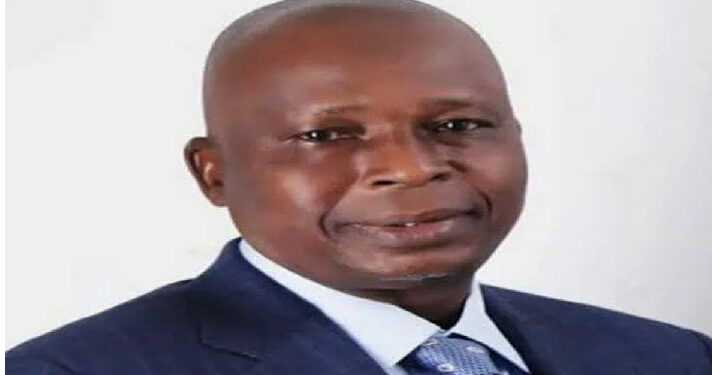The Attorney-General of the Federation and Minister of Justice, Lateef Fagbemi, has criticized the organized labour for commencing a nationwide strike, which began today (Monday).
Fagbemi, in a letter addressed to the leaders of the Nigeria Labour Congress (NLC) and the Trade Union Congress (TUC) and dated June 1, 2024, emphasized that the strike for a new minimum wage violated an existing National Industrial Court order restraining the unions from initiating a strike.
This critique comes after a meeting convened by National Assembly leaders on Sunday night failed to achieve its intended outcome due to the NLC and TUC’s insistence on proceeding with the strike. The meeting, chaired by Senate President Godswill Akpabio and Speaker of the House of Representatives Tajudeen Abbas, saw the participation of NLC President Joe Ajaero, TUC President Festus Osifo, and Minister of State for Labour, Nkeiruka Onyejeocha.
During the meeting, Minister Onyejeocha reiterated the government’s stance, stating that it could not afford more than the proposed N60,000 as a minimum wage, representing a 100% increase from the current minimum wage. Special Adviser to President Bola Tinubu on Information and Strategy, Bayo Onanuga, also expressed skepticism about the labour leaders’ demands, deeming them unrealistic and potentially harmful to both federal and state governments.
Despite failed negotiations and an ultimatum deadline of May 31, 2024, for new minimum wage negotiations, both parties remained at an impasse. The government had increased its offer from N57,000 to N60,000, while the labour unions adjusted their demand from an initial N497,000 down to N494,000. However, with no resolution reached, the nationwide indefinite strike was declared.
In his letter to the NLC and TUC presidents, AGF Fagbemi condemned the premature declaration of the strike, citing violations of statutory procedures outlined in the Trade Union Dispute Act 2004. He emphasized that the strike action was against the spirit of ongoing negotiations and highlighted an interim injunction order from the National Industrial Court, which restrained both unions from embarking on any industrial action.
Fagbemi urged adherence to due process and reiterated the government’s commitment to resolving disputes through collective bargaining. He called upon the unions to reconsider the strike and return to the negotiation table for further discussions.
Meanwhile, efforts by the National Assembly leaders to persuade the unions to call off the strike proved futile, with the TUC president asserting that the decision lay with their respective organs. However, Senate President Akpabio warned of the grave consequences of the strike on essential services, healthcare, and overall productivity.
As the strike loomed, various affiliate unions of the NLC and TUC mobilized their members nationwide for full compliance. The Judiciary Staff Union of Nigeria (JUSUN), National Association of Nigeria Nurses and Midwives, Joint Health Sector Unions, among others, issued strike notices to their members, anticipating widespread participation in the labour action.
In response, members of the Organized Private Sector voiced their concerns, emphasizing the fragility of the economy and the potential detrimental impact of the strike on businesses and the nation’s overall economic stability.
























